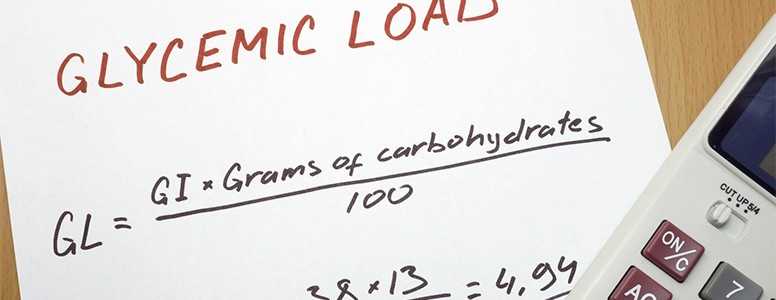Fecal transplant can temporarily improve insulin resistance in obese men, helping to understand how the procedure could work within diabetes.
Scientists from the Netherlands also discovered they could predict the success of treatment by analysing patients’ fecal gut-bacterial makeup.
“This allows us to classify diseases with more sensitivity,” said senior author Max Nieuwdorp of the Department of Internal and Vascular Medicine at the University of Amsterdam. “We have now shown that you can categorize people based on their fecal samples.”
Fecal transplant involves the collecting of fecal matter from a donor, which is mixed with saline or other solution and inserted into a patient. The procedure helps to pass good bacteria from a healthy person to someone who is unwell.
Thirty-eight obese men with metabolic syndrome were recruited for the new study, along with 11 lean donors. Blood and stool samples were taken and randomly paired the obese men with lean donors.
Six weeks after fecal transplant samples were again taken and decreased insulin resistance, the main feature of type 2 diabetes, was decreased in half the obese men. Changes were also observed in the gut microbiome. However, these changes only last three months. After that the recipients’ insulin resistance had reverted to its previous state.
“The fifty-fifty responder-to-non-responder rate surprised me. I thought we would have fewer people respond to the transplant,” said Nieuwdorp.
When the researchers compared the pre-treatment gut microbiota of both groups, there was less bacterial diversity among the non-responders.
“The beneficial effects of lean donor [fecal microbiota transplantation] on glucose metabolism are associated with changes in intestinal microbiota and plasma metabolites and can be predicted based on baseline fecal microbiota composition,” the researchers concluded.
“We have shown some major effects and started to see that there could be some real power to treat people by replenishing missing intestinal bacterial strains.”
The study team hopes to be able to use these findings to understand how the procedure could benefit people with type 2 diabetes and other chronic conditions in the future.
The results were published online in the journal Cell Metabolism.
What's new on the forum? ⭐️
Get our free newsletters
Stay up to date with the latest news, research and breakthroughs.








